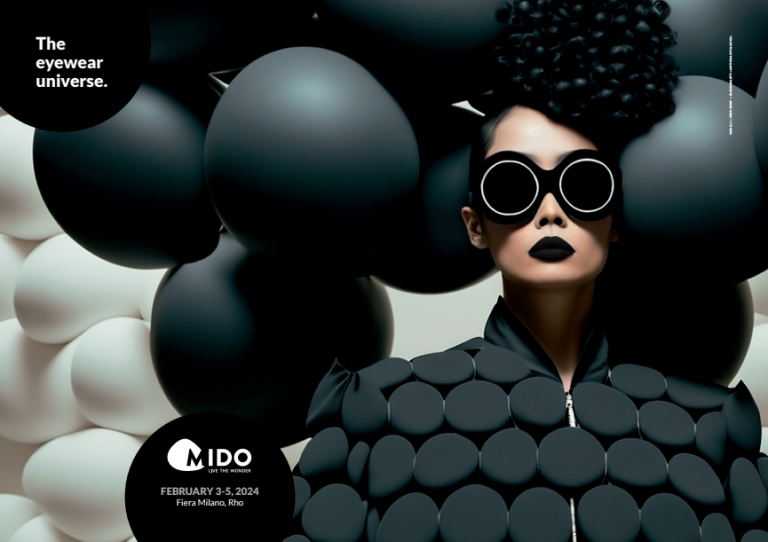The EKFZ for Digital Health researches the use of smart glasses in everyday clinical practice with tooz technologies

The Else Kröner Fresenius Center (EKFZ) for Digital Health of the TU Dresden (Germany) and the University Hospital Carl Gustav Carus (Germany) is researching the use of context-sensitive data glasses in everyday clinical practice in cooperation with tooz technologies. As part of the research project, a system is to be developed at the Dresden campus that will make medical data available to hospital staff digitally and mobile via smart glasses. The tooz smart glasses integrate the complex optical system almost invisibly into the shape of normal prescription glasses.
Despite the increasing availability of medical data, for example in the form of digital patient records, access to relevant information in everyday clinical practice is often spatially and technically limited. In the future, the use of data glasses in the healthcare sector is expected to increase the quality of care and patient safety as well as to reduce the burden on the people working in this field. Together with the Chair of Software Technology at the TU Dresden and the University Hospital Carl Gustav Carus, the EKFZ for Digital Health is researching possible applications of smart glasses in daily doctor’s visits. The aim of the research project is to develop a communication platform that provides relevant information about the patient to the carrier at the right time and in the right place. In doing so, the special requirements regarding data protection and other regulatory specifications are taken into account from the very beginning.
Connected via Bluetooth to an information-providing device, such as a tablet, the smart glasses from tooz technologies discreetly deliver content into the wearer’s field of vision. Vision correction, the actual benefit of everyday glasses, is enhanced by this smart feature. The centerpiece of the solution is the optical system with its several refractive and reflective free-form surfaces, a so-called “waveguide”. With the help of these surfaces, the virtual image generated by a display built into the right temple is projected onto the wearer’s retina. Since the optics can be cut and edged into different shapes, a wide variety of frame designs and fits are possible, similar to normal corrective eyewear. The glasses can thus be used not only in the healthcare and B2B sector, but also as a lifestyle product in everyday life.
In the near future, the smart glasses will no longer be available as a prototype, but as a series product with vision correction.






